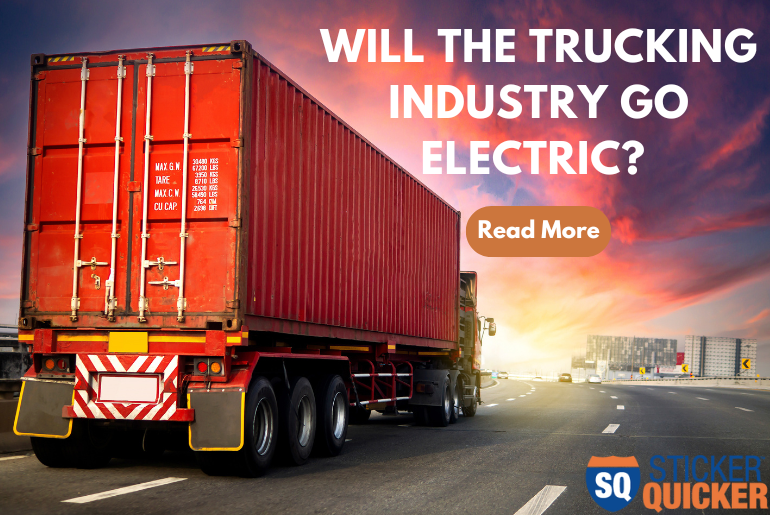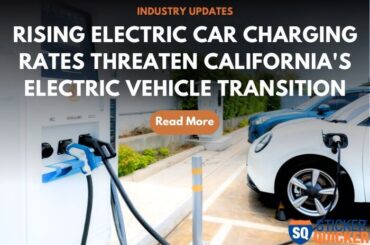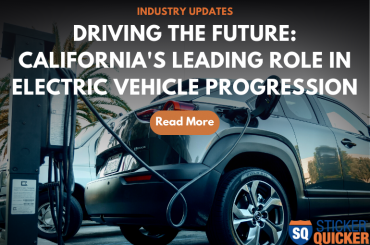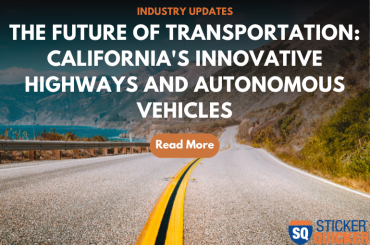According to environmentalists and governmental resources, many Americans are in favor of taking steps toward carbon neutrality. One way that the country intends to cut emissions is by maintaining a focus on implementing electric vehicles nationwide. But what does this mean for the trucking industry?
How Are Electric Vehicles Impacting The Trucking Industry?
Many fleet managers claim that the impact of electric vehicles on the trucking industry is “inevitable.” And by many, the percentage of fleet managers that find this true is jarring, at a total of 90%. Clean-transportation advocates claim that “zero-emission trucks and buses are on the verge of an increasing surge in the United States.” As of 2019, there were only approximately 96 models of electric trucks. Yet now, in 2022, there are approximately 188 models of electric trucks available, with an increased forecast for 2023. Therefore, through newfound policies and external pressures, the industry will have no choice but to put zero-emission trucks on the road.
Achieving the Goal of Cleaner Emissions | The Implementation of Electric Trucks
There are multiple factors at play when it comes to implementing greener cars and trucks. First off, the adaptation of electric fleets will drastically reduce carbon emissions. Did you know that the trucking industry utilizes more than tens of billions of gallons of oil per year? With that in mind, it makes sense that electric trucks are becoming favored, as fleet managers can attest – fueling fleets is an increasingly expensive expenditure. Therefore, fleet managers are looking to not just cut carbon emissions, but they are looking to cut costs.
There are many monetary benefits of transitioning to electrically powered trucks and cars. For example, fleet managers will be able to minimize fuel costs, decrease maintenance costs, and both of these factors will overall decrease operational costs too. Also, with increasing savings from implementing greener trucks, fleets will experience less engine sludge, and they will no longer need oil filters, oil changes, fuel injector cleaner, and fuel filters, amongst other maintenance activities.
Regardless, however, of how fleet managers may feel about the transition to electric trucks, they almost have little to no choice. Considering the pressure being put on trucking companies from the government and environmentalists, the industry is being heavily pushed towards purchasing electric and carbon-cutting technologies.
When Will EV Trucks Be Ready for Implementation?
In March of 2022, the Environmental Protection Agency published a “Clean Trucks Proposal.’ This document was created by EPA, as they are working on setting new field standards. These standards include setting new goals that will cut emissions of smog-forming nitrogen oxide from trucks as of 2027. And according to the National Renewable Energy Laboratory, this estimated target will be reached by 2030 for small battery-electric trucks and for heavy-duty trucks (that travel less than 500 miles a day), and will reach these estimates by 2035.
The report from the National Renewable Energy Laboratory also included White House fact sheets that offer options for federal funding that will be available for this transition. Some important aspects of the fact sheet include:
- Truck manufacturers may have access to funding from organizations such as the DOE’s Loan Programs Office.
- On the other hand, manufacturers will be able to sell their trucks under the federal government’s zero-emission vehicle mandate.
- $7.5 billion in funding will be designated fuel stations for electric and low-carbon-fueled trucks.
- R&D funding will also be provided to truck manufacturers. One organization, for example, that will be providing compensation is DOE’s SuperTruck 3 program. And the program itself is focused on creating more fuel-efficient trucks.
With all of these programs in place, the DOE believes that more than half of all trucks on the road by 2030 will be replaced by sustainable technology. And by 2035, electric-powered trucks will be cheaper “to buy, own, and operate” than gasoline and diesel incumbents. This transition will have a positive effect on the environment and will reduce the amount of greenhouse gas emissions that are released by the transportation sector.
According to the DOE, medium and heavy-duty trucks are estimated to make up about 5% of vehicles on the road. Yet simultaneously, these vehicles also account for more than 28% of the transportation sector’s greenhouse gas emissions (also 7% of U.S.’ total emissions).
How Different Types of Trucks Will Transition to Electrification
Considering the fact that there are many different types of trucks, it’s important to note that the transition to electrification will vary depending on size, usage, and technology. When it comes to heavy-duty trucks, it is going to be difficult to transition from using fossil fuels.
According to NERL research, hybrid electric vehicles (HEVs), diesel, and natural-gas-fueled internal combustion vehicles (ICEV) will remain the primary means of electrification of heavy-duty trucks. Whereas medium and light-duty trucks will be powered by battery electricity and fuel-cell electric technologies.
Due to the fact that the trucking industry is widely diverse, all types of trucks are not going to be on the same timeline when it comes to electrification. A nonprofit research group, RMI, conducted an experiment this year and noted that many shorter-haul truck routes could be ready for the transition to all-electric today. Here are some companies that have already taken out trucks for testing:
Heavy-Duty Electric Tractor-Trailer Models:
- Volvo
- Peterbilt
- BYD
- Freightliner
Terminal Tractors From:
- Lonestar SV
- Orange EV
- Kalmar
Medium-Duty Box Trucks:
- Lion
- Peterbilt
Caro and Step Vans:
- Motiv
- Workhorse
- Lightning eMotors
Considering all of the companies looking to adopt EV trucks, companies such as FedEx, UPS, and Amazon are the organizations who are leading the way with electric vans. With public opinion, governmental infrastructure, and large corporate players transitioning to a more sustainable means of operation, the trucking industry is bound to go electric.
With a goal of fighting the climatic crisis and cutting carbon emissions, we are only entering the beginning of the transition to the electrification of trucks. For more information on the auto industry, technological advances, and newsletters, be sure to check out our website. We have all of the information you need and more at Sticker Quicker.
Works Cited:
https://calmatters.org/environment/2022/09/california-phase-out-diesel-trucks-zero-emission/
https://blog.fleetcomplete.com/how-will-electric-vehicles-impact-the-trucking-industry
https://www.mpofcinci.com/blog/whats-the-future-of-electric-vehicles-in-trucking/






